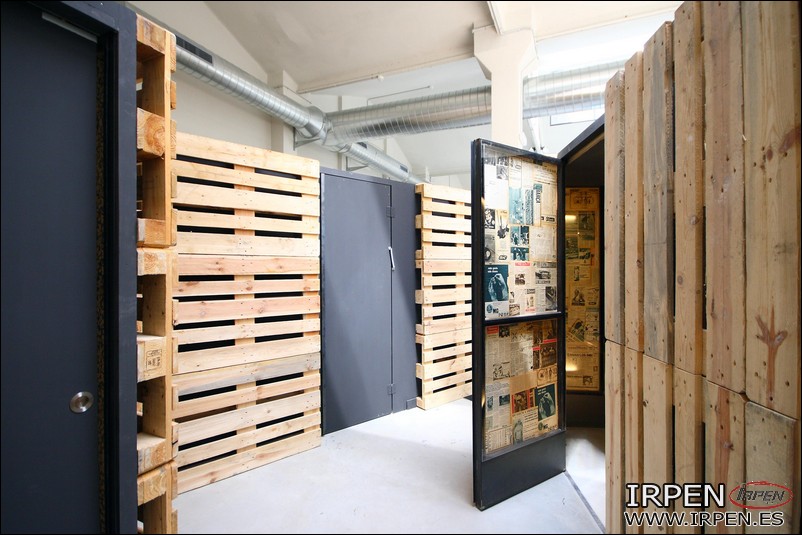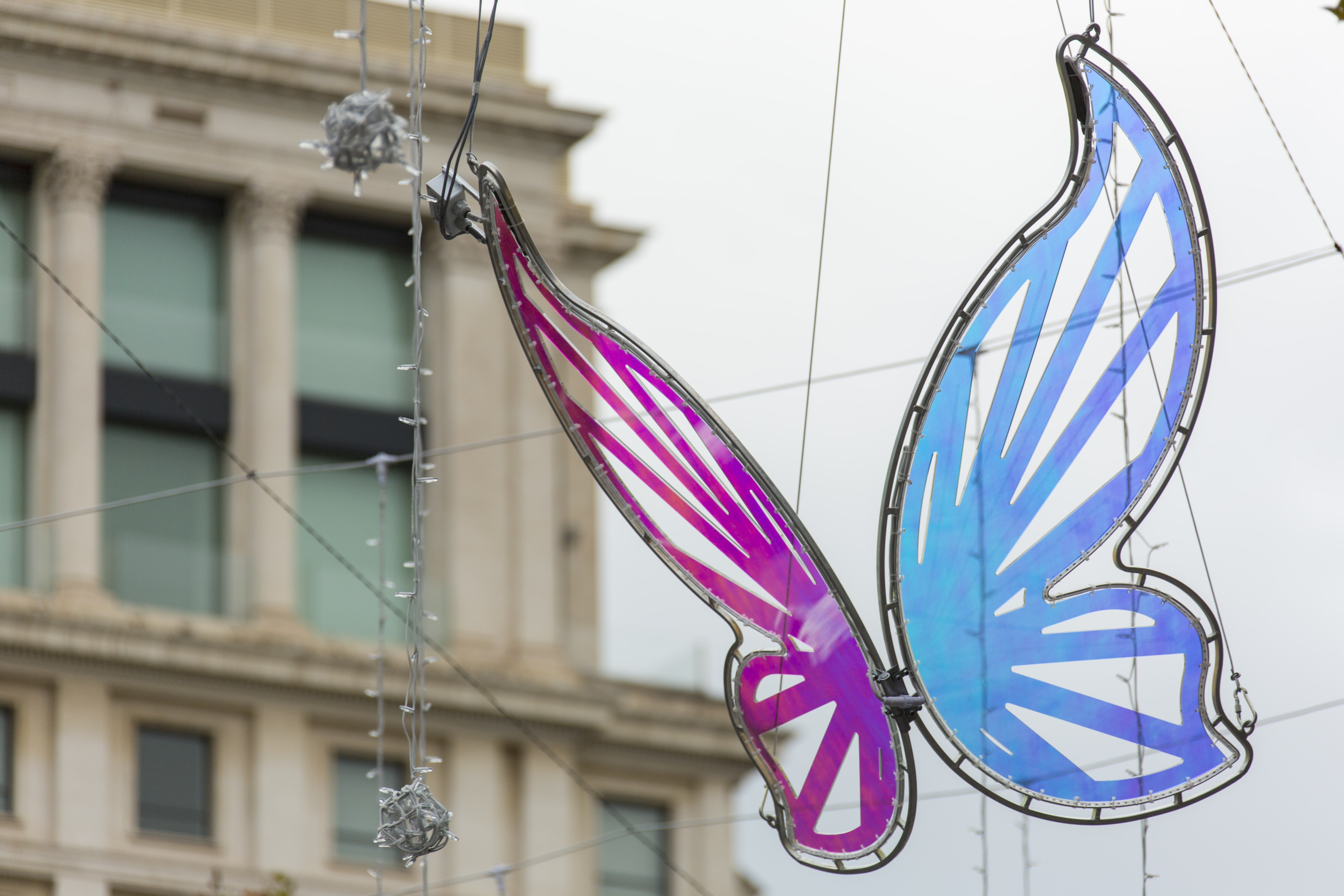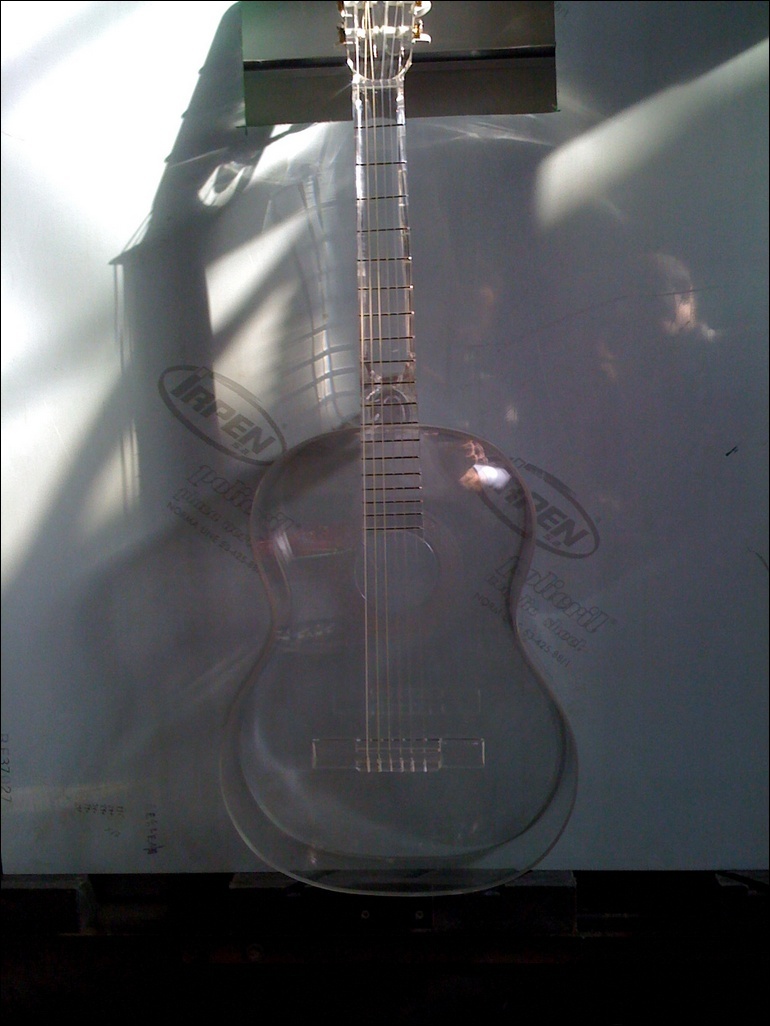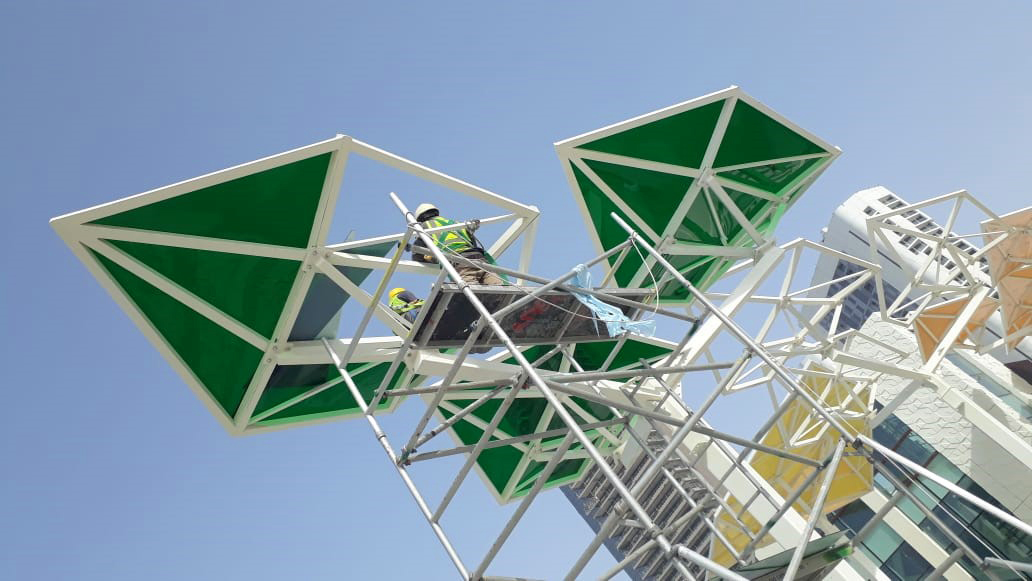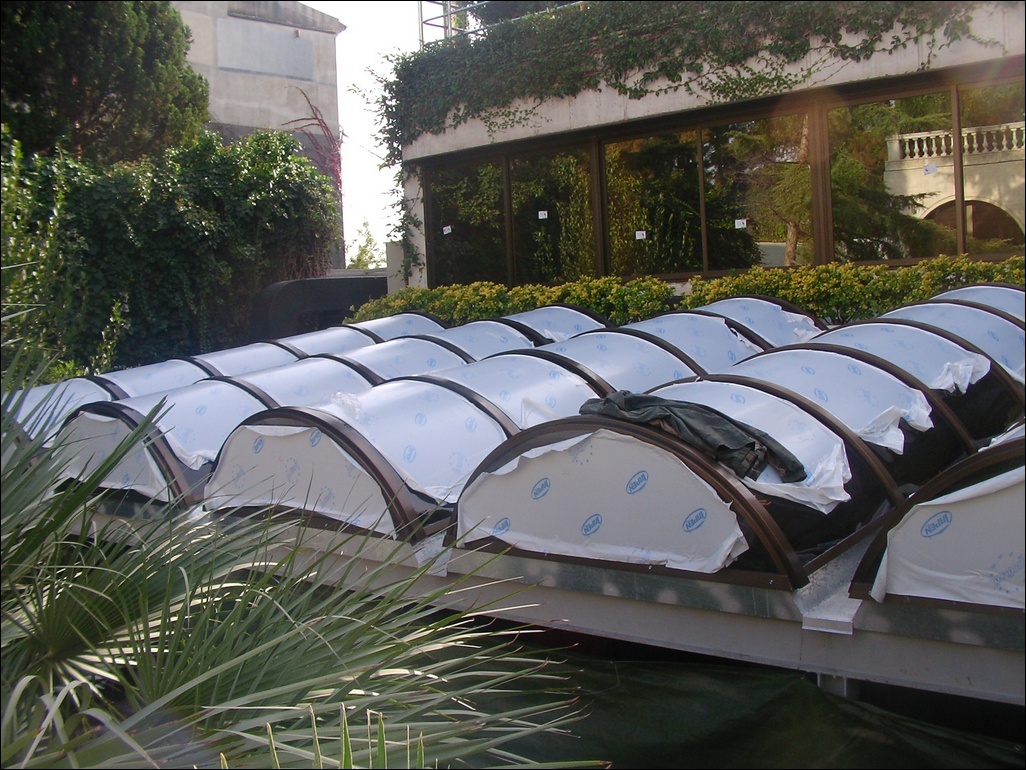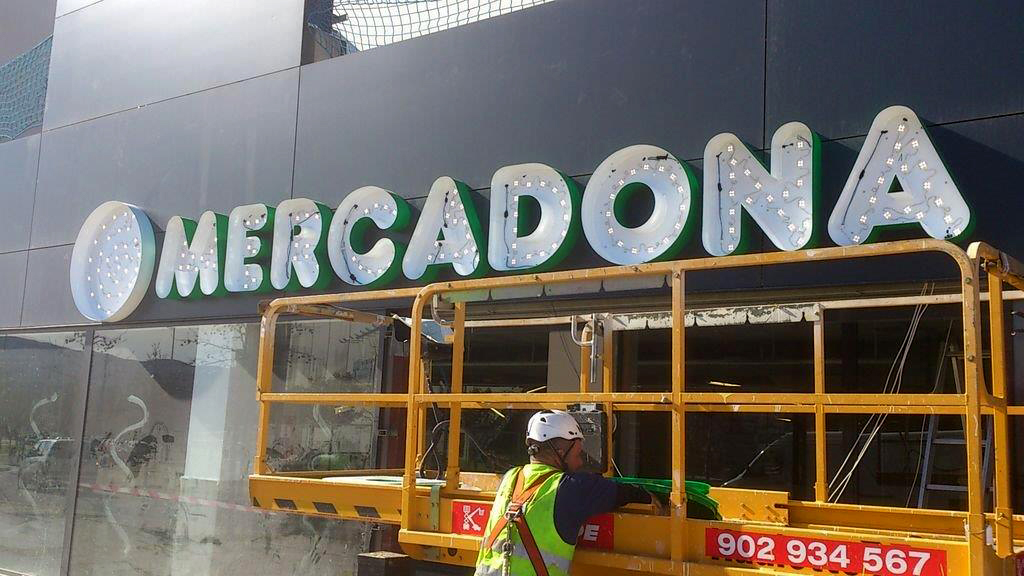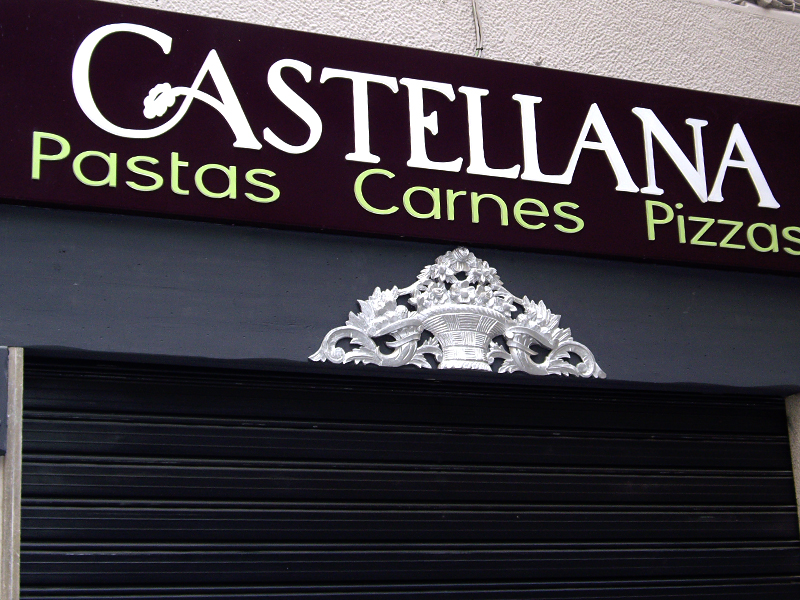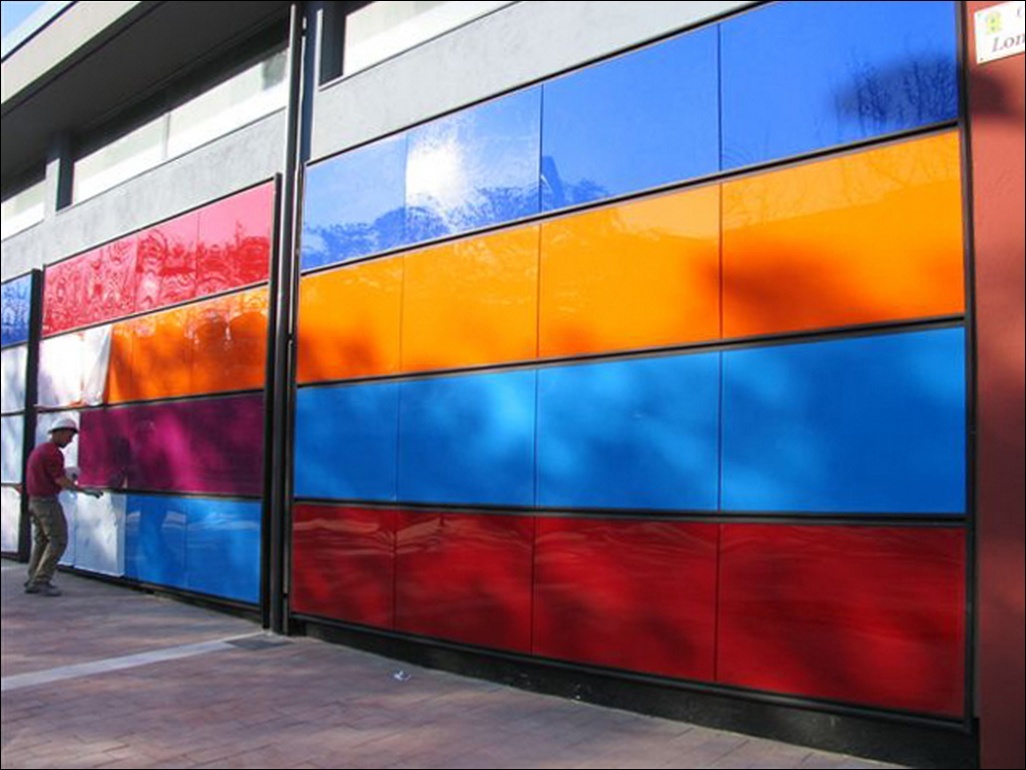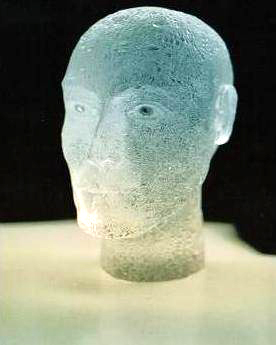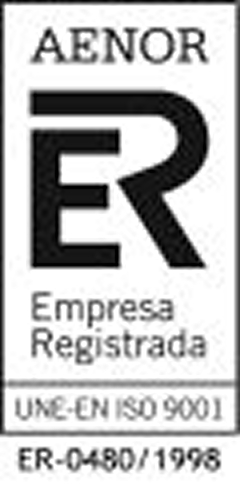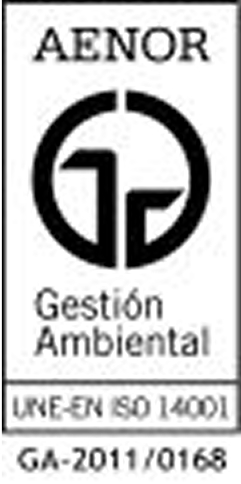Cast / Extruded Acrylic
Materials for protective barriers against biological agents (COVID-19)

Faced with the recent situation of high risk of contagion due to the spread of the biological agent COVID-19, many commercial establishments, such as pharmacies, tobacconists or supermarkets, are asking our customers for standardized solutions for the rapid implementation of separation elements that allow them to guarantee the protection and safety of their workers and users, minimizing involuntary infections as much as possible.
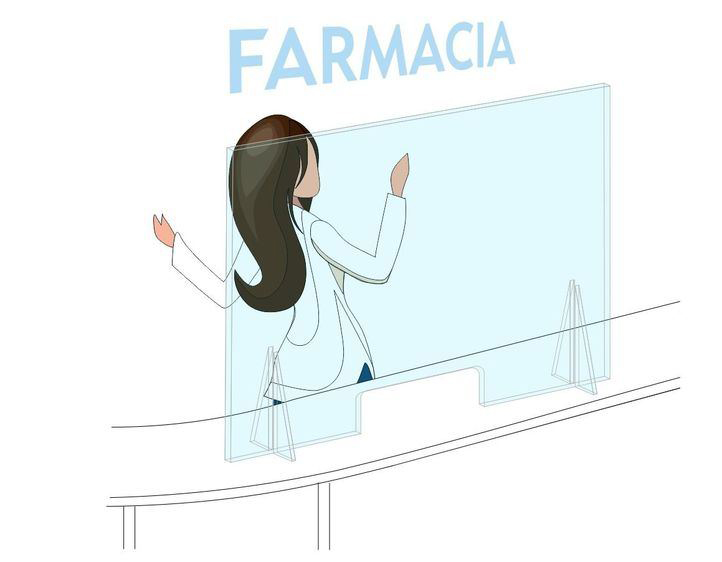
The function of the element is clear, a transparent physical filter is built between the worker and the customer of the premises, thus guaranteeing the safety distance between the two without losing visual contact. This point, which is especially important in the case of premises where medications are dispensed, it is essential that healthcare personnel see the patient in order to make the prescription avoiding risks.
In summary, the materials used to manufacture these protective barriers are required to:
- Maximum transparency
- Structural stability of the solution
- Easy and quick installation
- Stability against cleaning agents
Our Polycyril (PMMA) and PC05/PC01 (Compact Polycarbonate) are the materials that meet all these requirements, as they guarantee:
Maximum transparency
Without a doubt, the thermoplastic with the highest transparency index is PMMA (92%), it behaves better than glass and is slightly higher than compact polycarbonate (88%).
Structural stability of the solution
This type of enclosure requires a simple, extremely lightweight solution with minimal fixing/support elements, thus avoiding recesses that make cleaning difficult. Both Polycyril and PC05 are lightweight, their density is half that of glass, with better impact resistance than this.
By default, these materials are less stable to wear and tear due to abrasion than glass., although the behavior of Policril is somewhat better than the PC, care must be taken when cleaning surfaces, it is recommended to do it with a soft cloth cleaned of particles.
Easy and quick installation
As these are emergency solutions that require rapid manufacturing and distribution given the current situation, materials that are easy to work with are needed. Methacrylate is the easiest thermoplastic to handle, so it can be machined, cut, but above all it can be hot folded and glued without problems.
In the case of compact polycarbonate, its machining is somewhat more complex, but it is worth noting the possibility of cold bending the sheets, to mention that the greater the thickness the minimum radius of curvature increases.
Stability against cleaning agents
Both materials perform well against chemical agents. To ensure the cleanliness of these safety barrier surfaces executed with these materials, they must be cleaned with detergents and cleaning agents with a neutral base, avoiding high alkaline concentrations. Pure petroleum derivatives are generally compatible up to 85ºC
It is very important to avoid contact with alcohols (including hydroalcoholic gels) as they could alter the properties of the material causing the appearance of cracks, while the transparency of the material is lost due to chemical attack.
Other elements that attack these thermoplastics are ketones and amines, so it's important to avoid them.
Cleaning with ACRILNET IRPEN has developed ACRILNET, a product intended for cleaning methacrylate.
ACRILNET It has a double action, it cleans and makes the surface of methacrylate conductive in order to discharge static electricity. With a suitable antistatic agent in aqueous solution It is possible to clean the plate and protect it for a long time from static charges, thus avoiding the attraction of dust.
ACRILNET comes in two formats:
500 cc bottle with dosing cap.
5 liter bottle
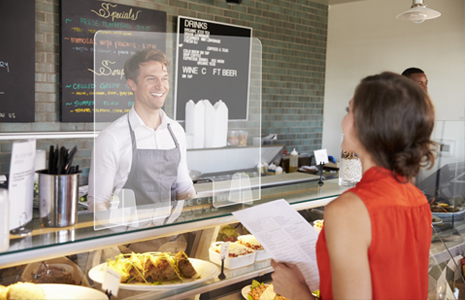
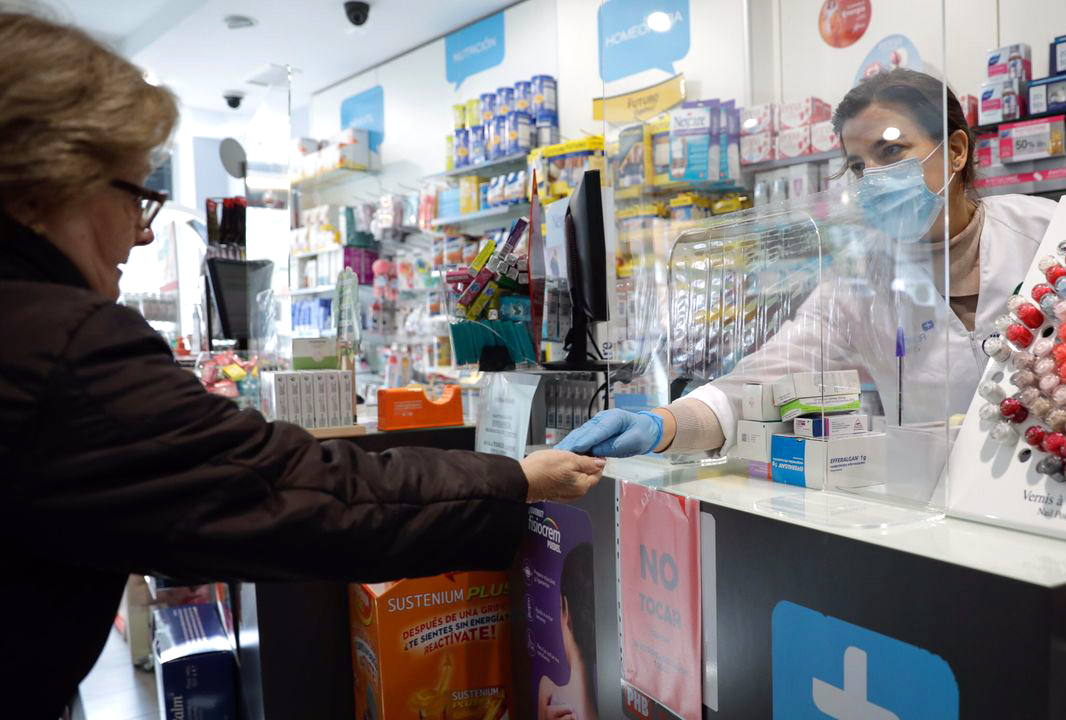
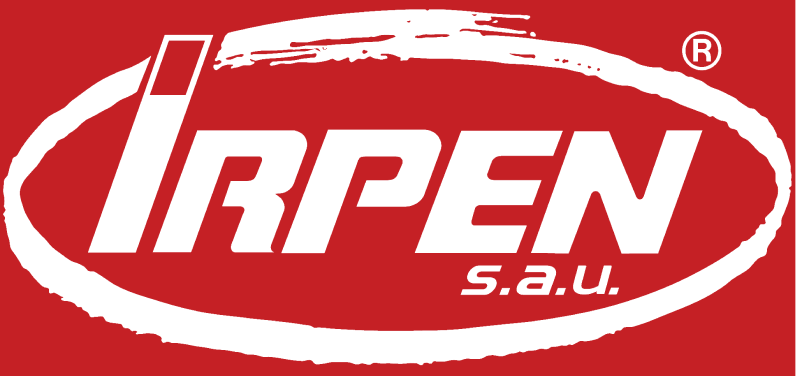





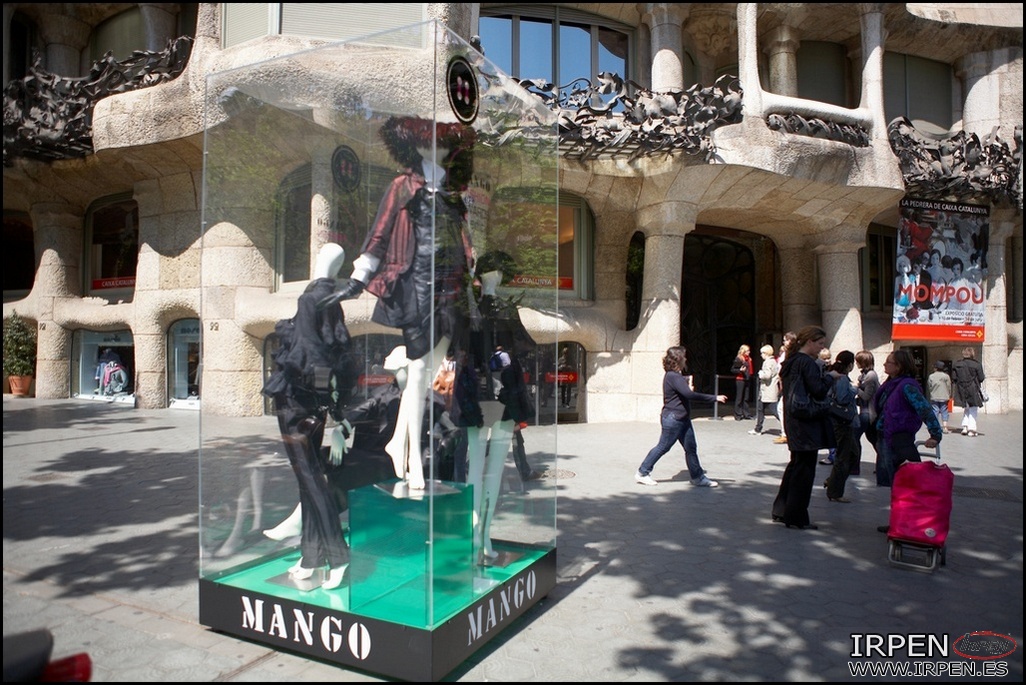

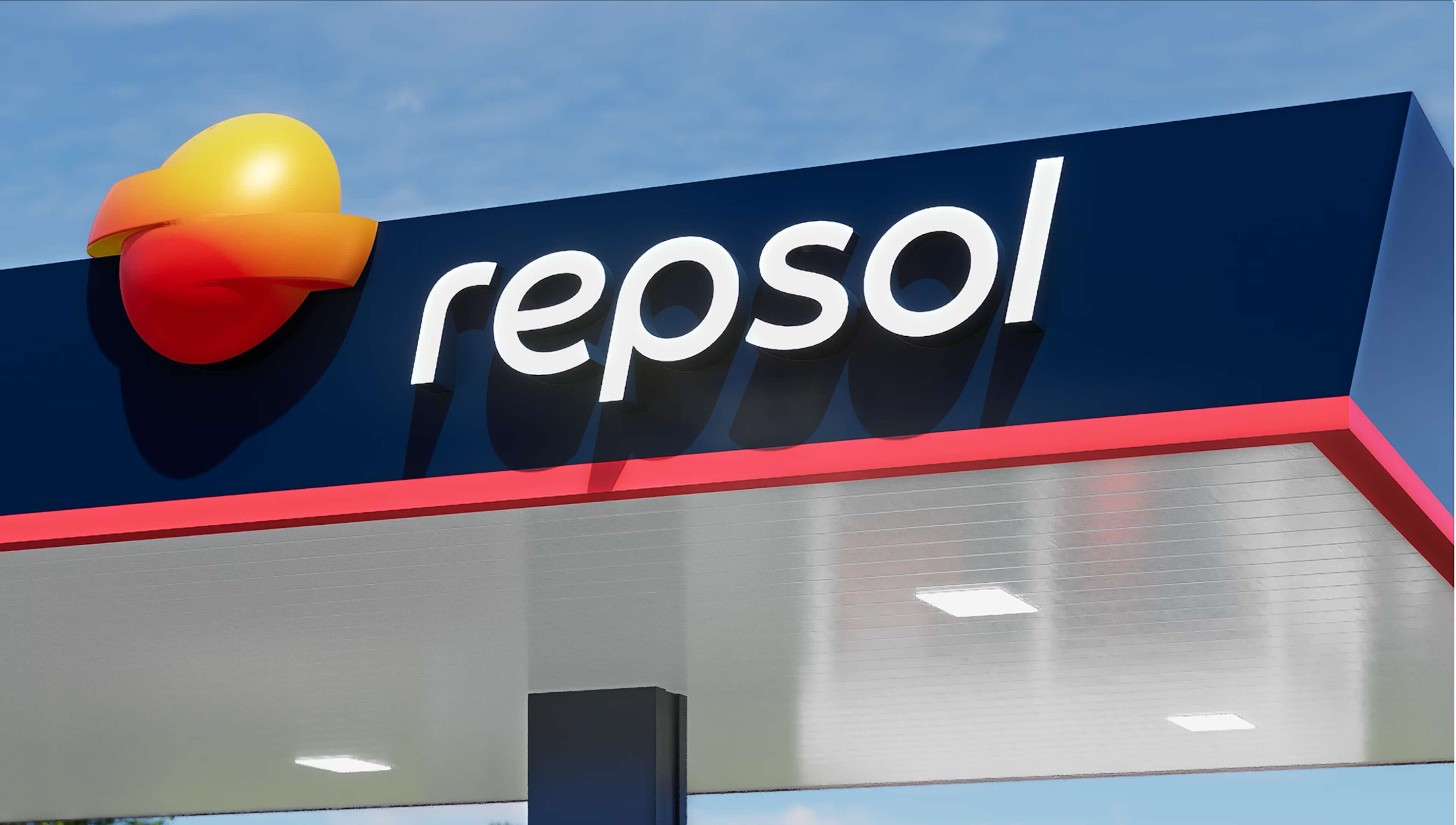
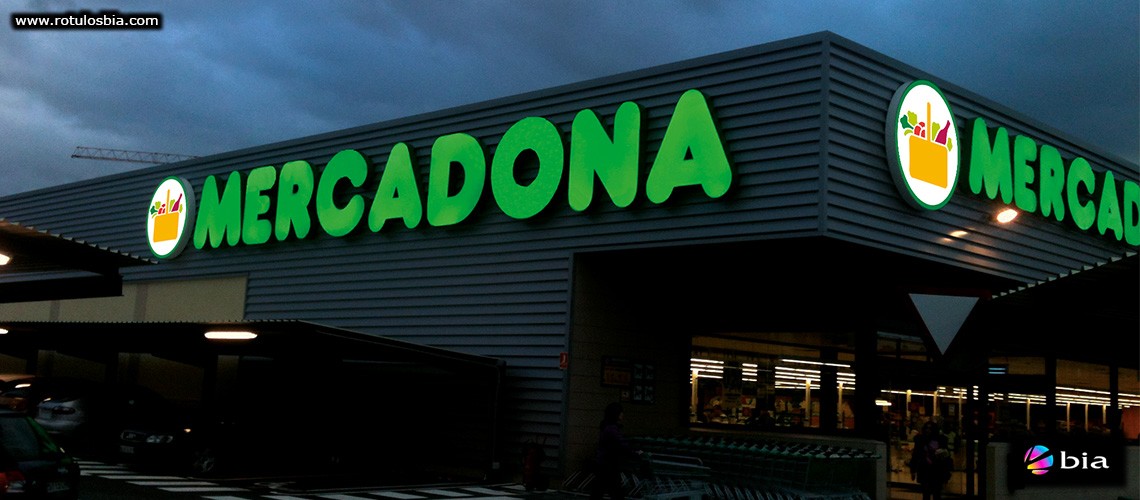
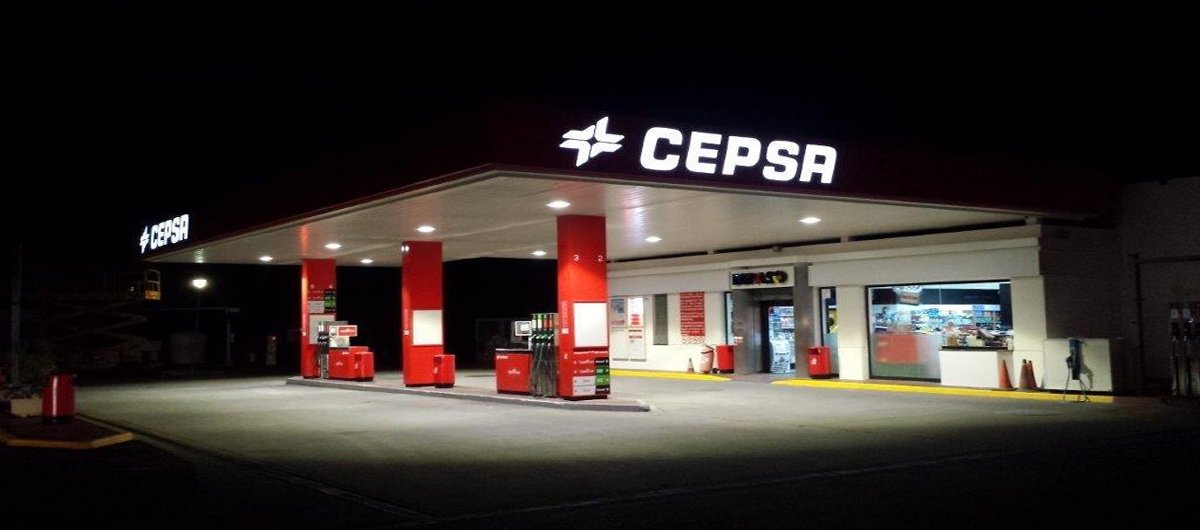
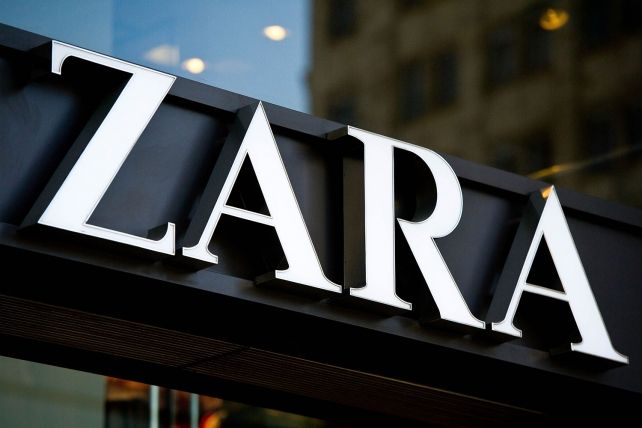
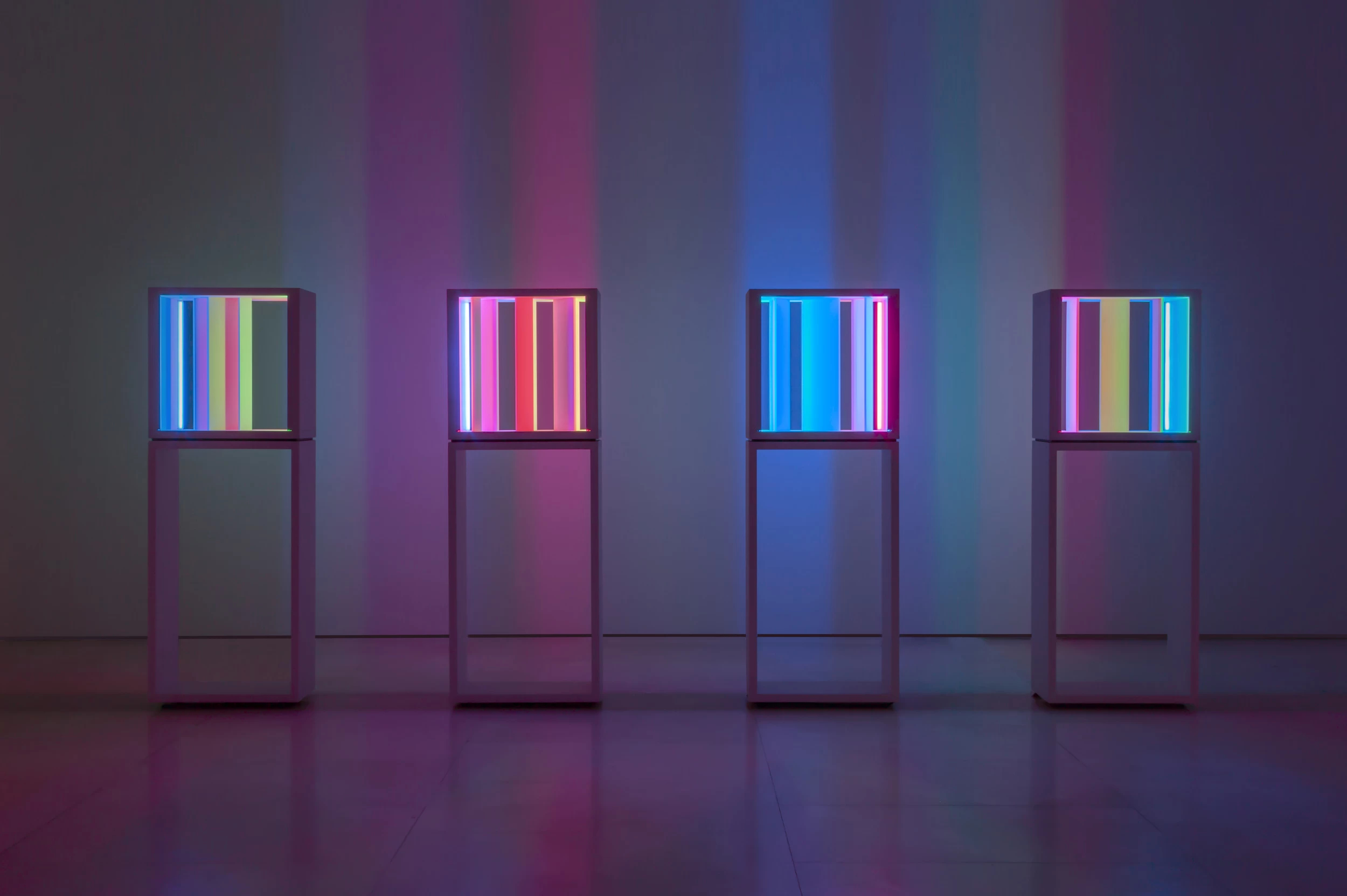
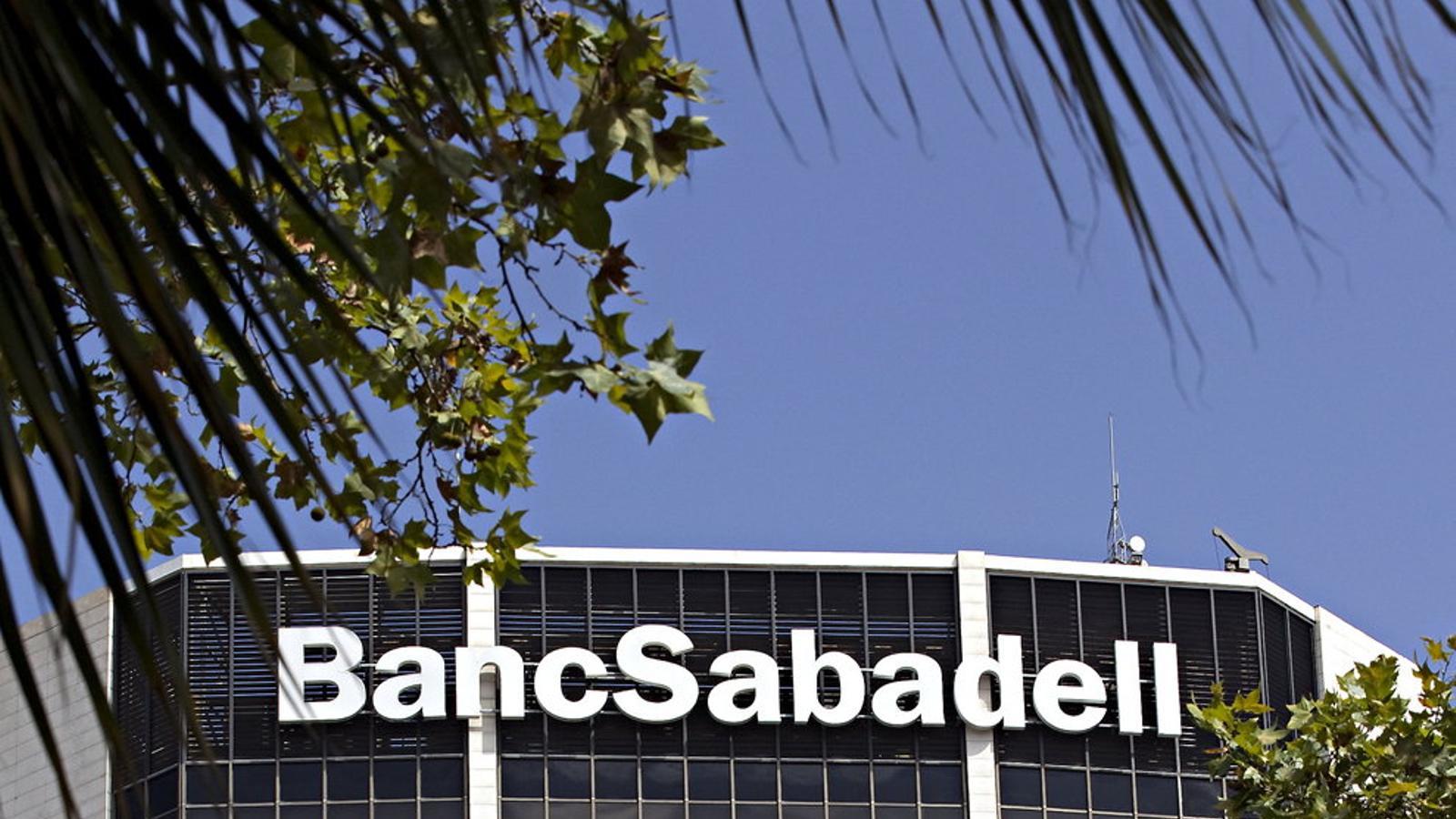
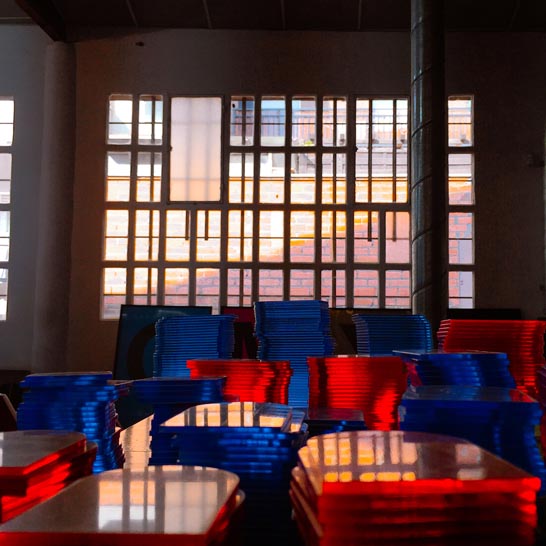
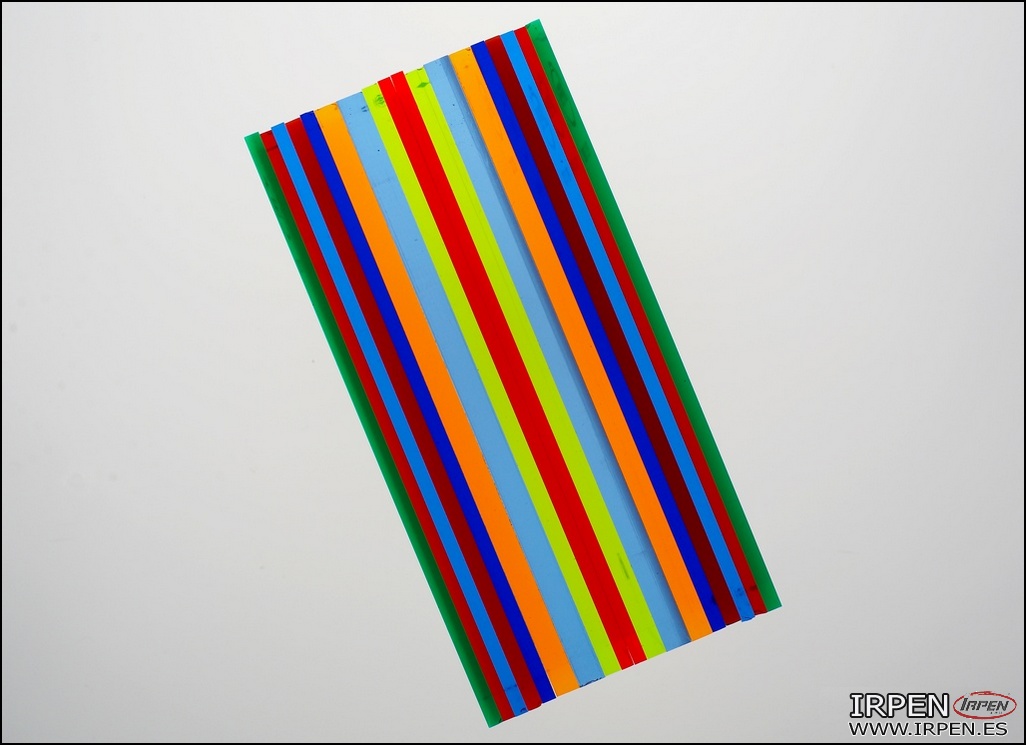
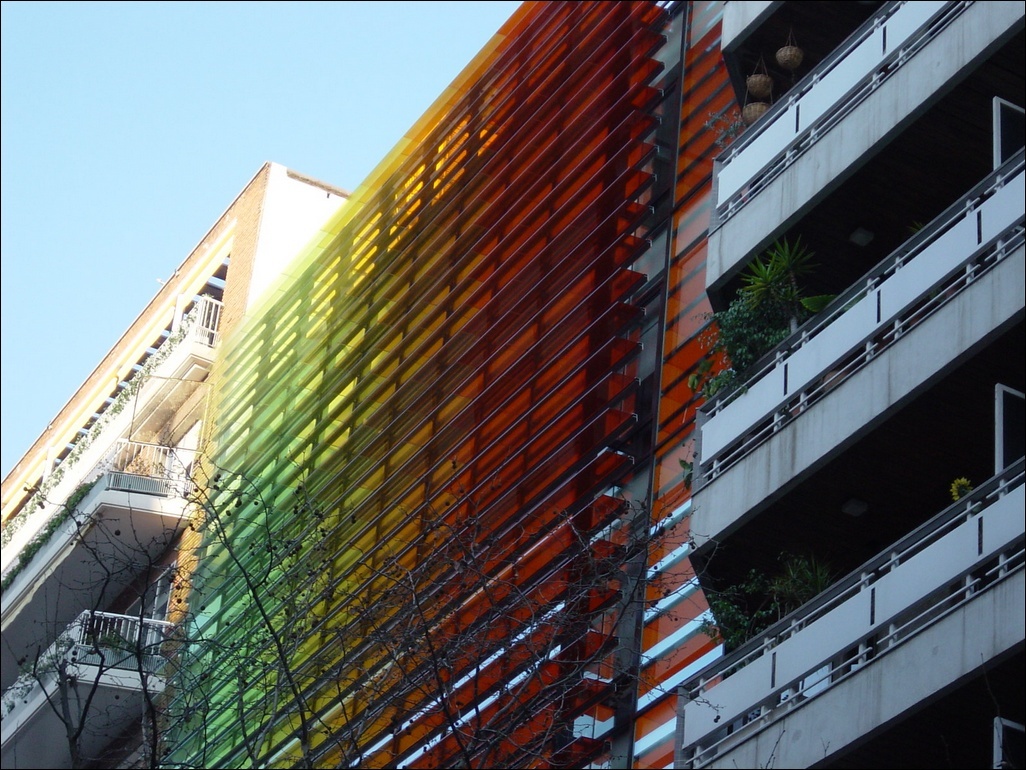
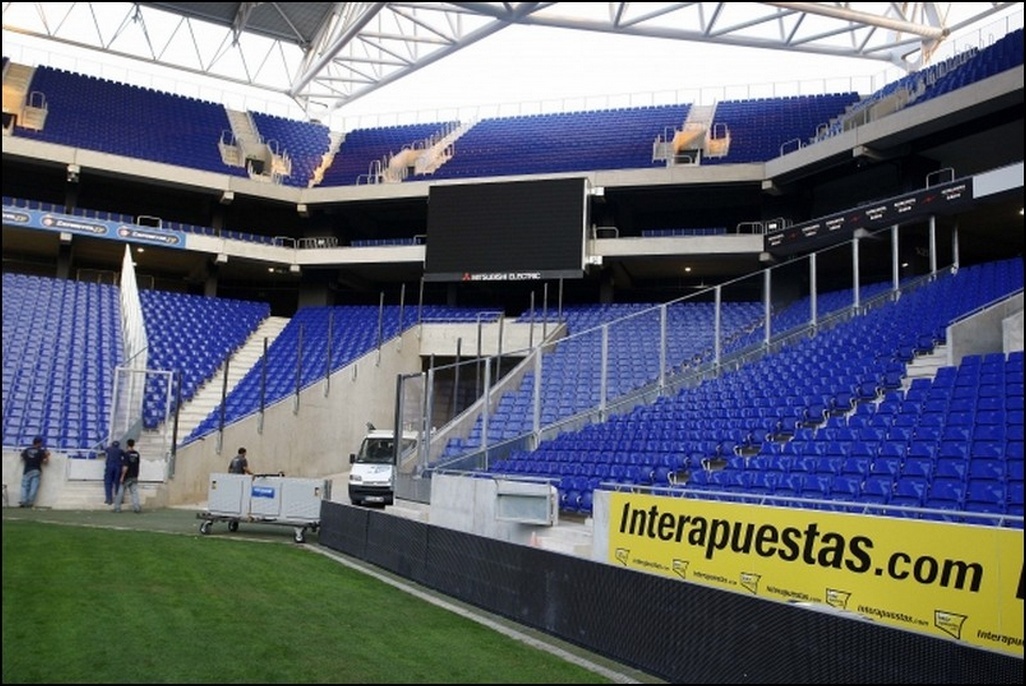

.jpg)
